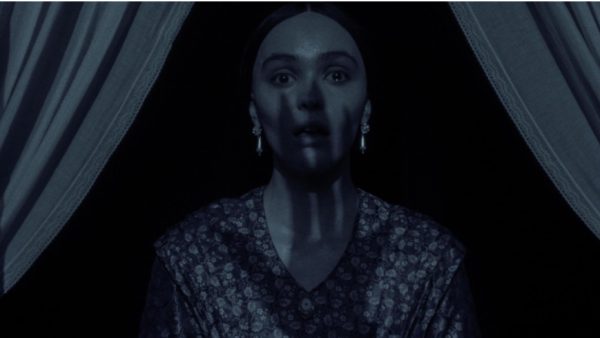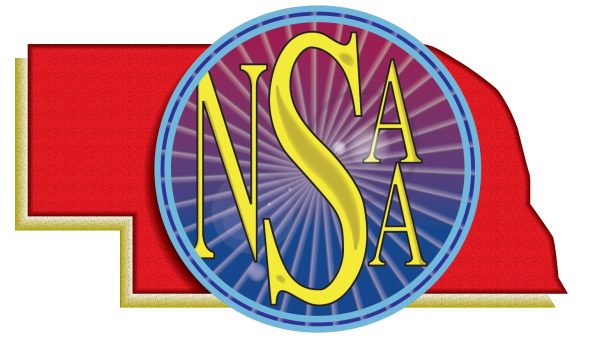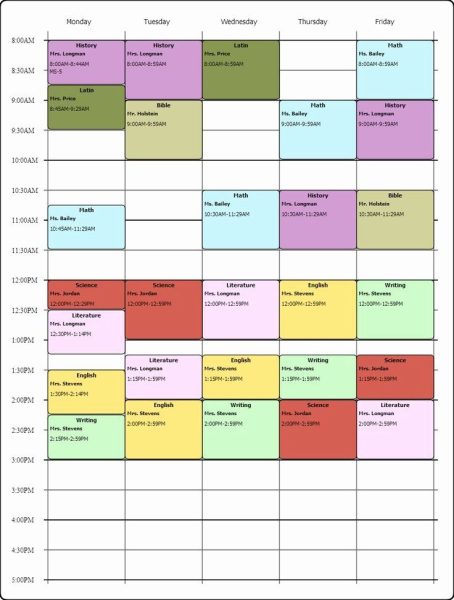Wisdom Teeth Survival Guide
The extraction of impacted wisdom teeth is an experience that tons of unlucky teenagers suffer through every year — and as anyone who’s had the procedure can attest, the worst part isn’t the day of extraction, but the week after. Some people only know about third molar removal through viral videos of people coming out of their anesthetization, and the reality of post-op misery can be quite a shock — it certainly was for me when I got all four removed shortly before the current school year. So what’s a high schooler to do?
First, a disclaimer: take whatever materials the office gives you, read them carefully, and don’t lose them. They — along with instruction from an oral surgeon — should be your guide, and should definitely take precedence over this article. With that said, let’s begin!
When scheduling the extraction, I recommend giving yourself three or more days to recover (not counting the day you get surgery), and even then you’ll probably feel pretty lousy. It goes without saying that you should complete as much homework as possible beforehand. Give yourself leeway. Schedule it after school on a Friday, if possible; longer breaks or summertime is even better. It may suck to get them removed during a time that’s supposed to be fun, but better that than miss three days of school.
Next, you’ll want to prepare for the aftermath of the extraction. You’ll need ice packs (plus quite possibly something to hold them in place), and maybe a special wedge-shaped pillow to elevate your head at night. I find it helps to pick out movies/TV to marathon, as well as go grocery shopping to stock up on a variety of soft foods so you don’t have to eat the same thing every day. By the end of my recovery, I was so grossed out by applesauce that I haven’t eaten it since. Also, don’t schedule your senior pictures for a while afterward. It’s not uncommon to look like you were in a horrible fight, and the swelling will only get worse until it peaks on the third day post-op… then goes down at a painfully slow pace.
Finally, some of your energy should go towards avoiding the worst thing ever: dry socket. Dry socket occurs when the blood clot at the surgery site comes off, which leaves the bare bone/nerve underneath at risk for infection. Minimizing the risk of dry socket means a lot of things are off the table for a while after surgery: any hard, chewy foods (like nuts and chips) or foods with seeds (like strawberry smoothies), hot drinks, basically any food that could get stuck in the socket, rigorous exercise, and drinking from a straw, to name a few.
There’s even more than that, though, so it’s important to live by the surgeon’s instructions and refer to them frequently. It may be tempting to start working out or eat some popcorn during a movie: don’t! Getting dry socket means more trips back to the dentist’s office and, in the end, a much longer recovery time.
My last piece of advice is to do whatever the surgeon recommends, no matter how unpleasant. You will probably have to rinse your mouth with warm salt water more than few times, for example, which is totally gross but necessary. You may also get a syringe-like tool for cleaning the sockets. In the end, healthy teeth will make it all worth it. You’ll have survived one of the most painful milestones in young adulthood, and that’s something to be proud of.
Your donation will support the student journalists of Omaha Westside High School. Your contribution will allow us to purchase equipment and cover our annual website hosting costs.







